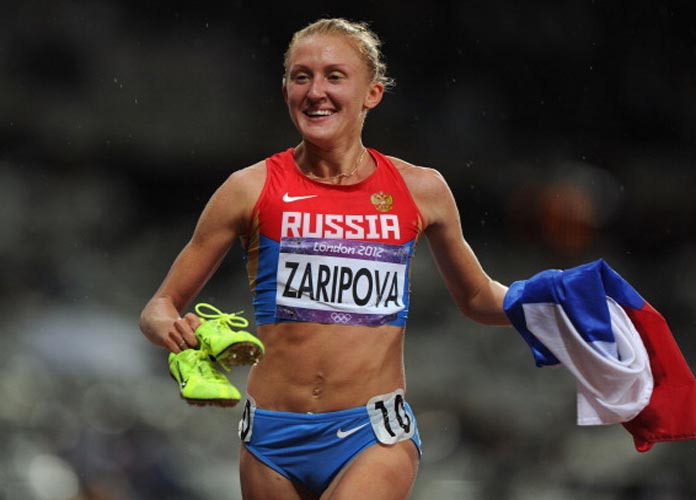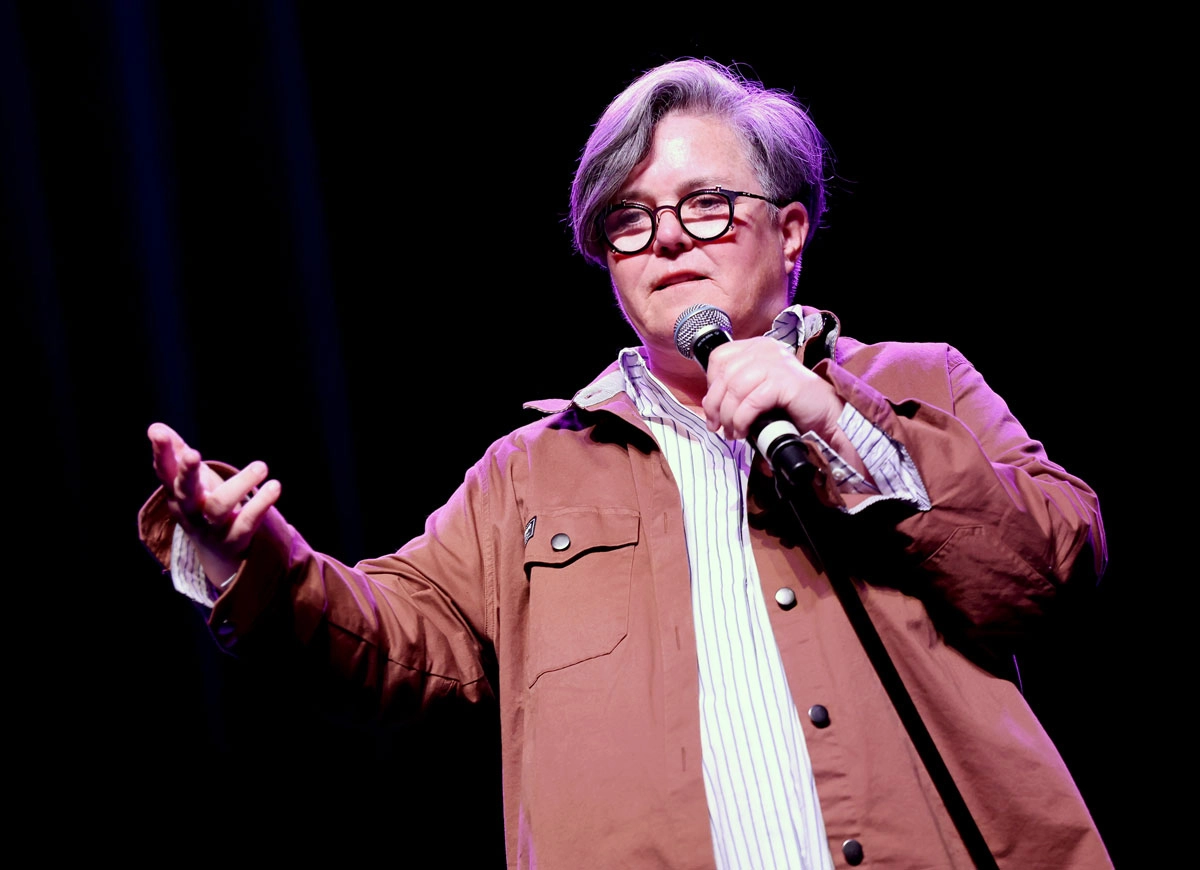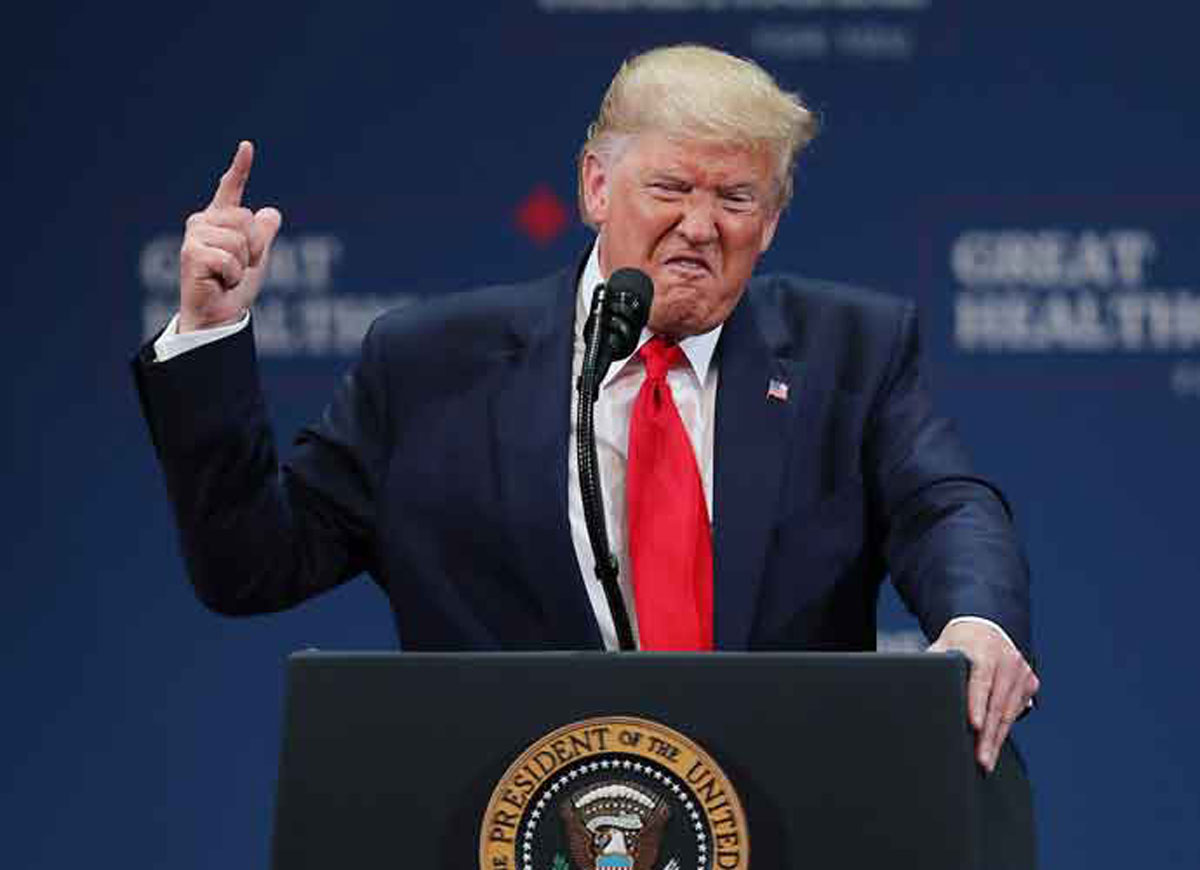Russian Track And Field Team Banned From Rio Olympics For Doping
Russia’s track and field athletes have been banned from competing in the Rio Olympics in August, according to several news reports citing the International Association of Athletics Federation decision on Friday.
Russian Track And Field Team Banned From Rio Olympics For Doping
In a historic decision, the IAAF voted to extend a ban of the All-Russian Athletics Federation that has kept its athletes out of international competition since a World Anti-Doping Agency independent commission report released in November concluded the country was running a state-sponsored doping program in athletics.
Russian news agency TASS reported that Russian athletics officials confirmed the ban had been extended.
The IAAF’s decision will likely be challenged. Last month, Russian pole vaulter Yelena Isinbayeva, a two-time Olympic gold medalist, stated she would file a discrimination case in the court for human rights.
Subscribe to our free weekly newsletter!
A week of sports news in your in-box.
We find the sports news you need to know, so you don't have to.
It remains unknown whether the International Olympic Committee could amend the Federation’s decision. The IOC will hold a summit on Tuesday to ” address the difficult decision between collective responsibility and individual justice.” President Thomas Bach said the IOC will have a zero-tolerance policy on doping, but he has declined to elaborate about what that means concerning a potentially broader ban of Russia entirely.
In recent weeks, cries for Russia to be banned have intensified.
The WADA is conducting another investigation into doping at the 2014 Sochi Winter Olympics, after Dr. Grigory Rodchenkov, the former director of the Moscow lab, claimed in the New York Times last month that he had not only doped Russian athletes at the Games, but that he swapped out the urine in those doping samples with the help of someone he believed to be from Russia’s security service.
WADA expects that report to be completed by July 15.
If the IOC ultimately rules to ban Russia–a decision that probably won’t come until the investigation concludes–it would be unprecedented in the history of the Olympics. No country has ever been banned for a sport violation.
In the past 18 months, evidence of doping has mounted against Russia.
Whistleblowers Vitaly and Yuliya Stepanov first shared evidence of widespread doping in a documentary aired by German broadcaster ARD in December 2014. By then, Vitaly Stepanov, a Russian Anti-Doping Agency employee, had been corresponding with WADA since 2010.
Yuliya Stepanova, an 800-meter runner, joined her husband’s efforts, providing secretly recorded audio and video conversations, emails and text messages that formed the basis of the independent commission report.
This report also revealed corruption at the highest levels of the IAAF, with then-president Lamine Diack being among several officials implicated for accepting bribes from Russia to cover up positive drug tests.
In its decision to extend the athletics ban, the IAAF acknowledged that Russia’s track federation had fallen short of criteria established by its inspection team.
WADA brought in UK Anti-Doping to help with testing, but the agency has only been able to conduct 455 tests since mid-February. In total, 736 tests were declined or canceled as doping control officers have spotted athletes avoiding them or pulling out of competition. Doping officers have also been prohibited from testing athletes training in military cities.
U.S. Anti-Doping Agency CEO Travis Tygart, among several others, has called for meaningful sanctions for Russia in light of the pervasiveness of doping revealed in the independent commission report.
The independent commission report read: “The IC expects that at least part of the response to this Report will be a predictable concern that some ‘innocent’ athletes may be excluded from participation in competitions if the recommendations in the Report are adopted by the appropriate organizations. ‘Innocent’ athletes, around the world and in Russia, are already suffering as a result of the conduct identified in this Report: they need protection. The root cause of any non-participation is not the Report, but rather the unacceptable conduct of those responsible for the situation giving rise to the IC investigation and Report. It is they who must assume the responsibility for their actions.”
PHOTO: LONDON, ENGLAND – AUGUST 06: Yuliya Zaripova of Russia celebrates after winning the gold medal in the Women’s 3000m Steeplechase final on Day 10 of the London 2012 Olympic Games at the Olympic Stadium on August 6, 2012 in London, England. (Photo by Michael Regan/Getty Images)
Get the most-revealing celebrity conversations with the uInterview podcast!






Leave a comment